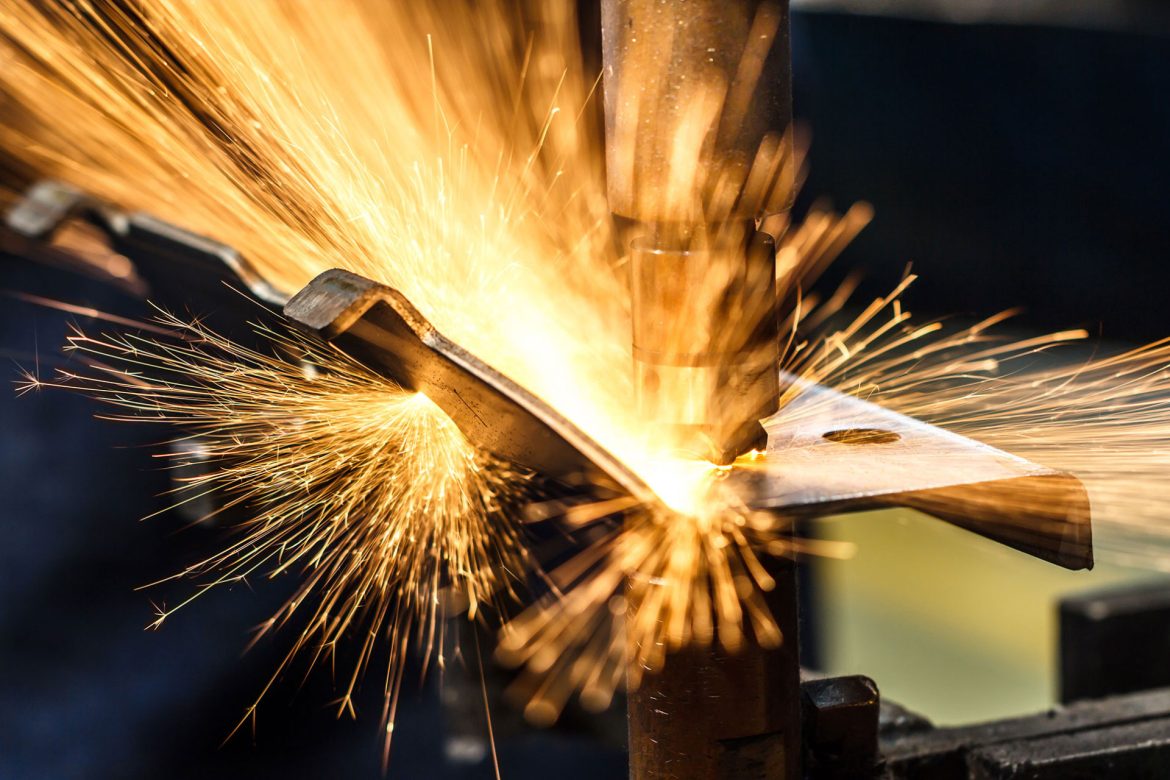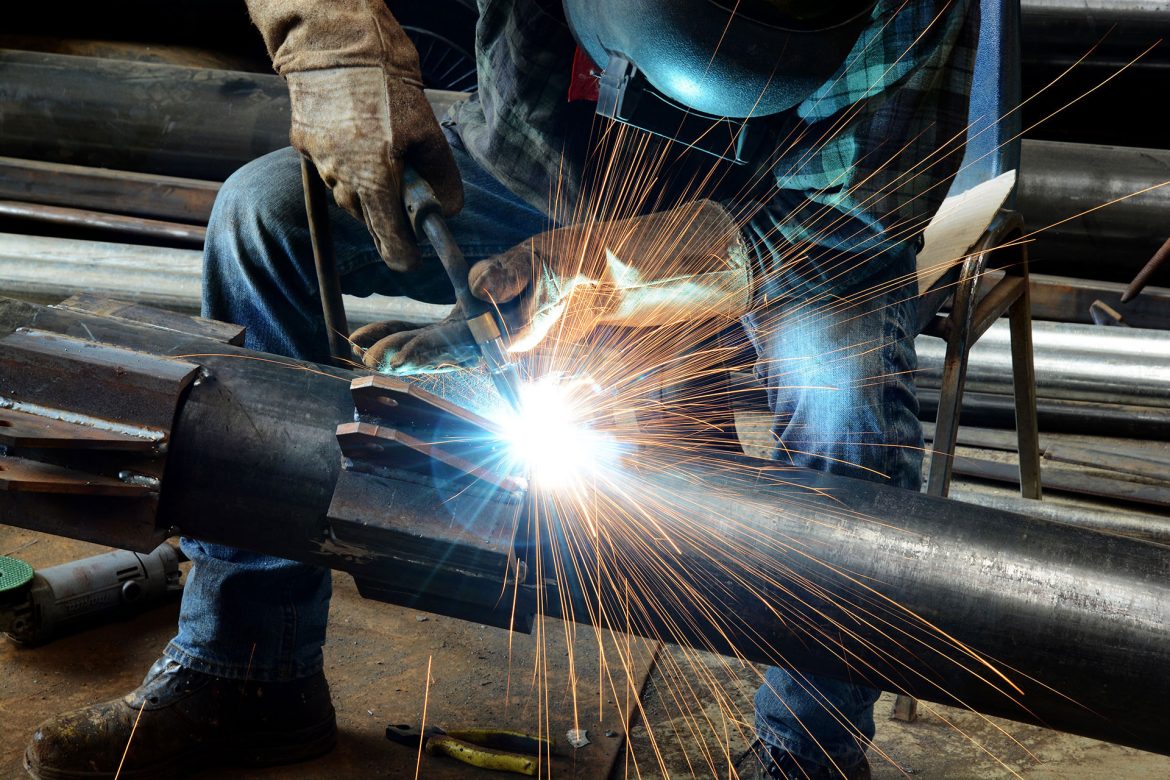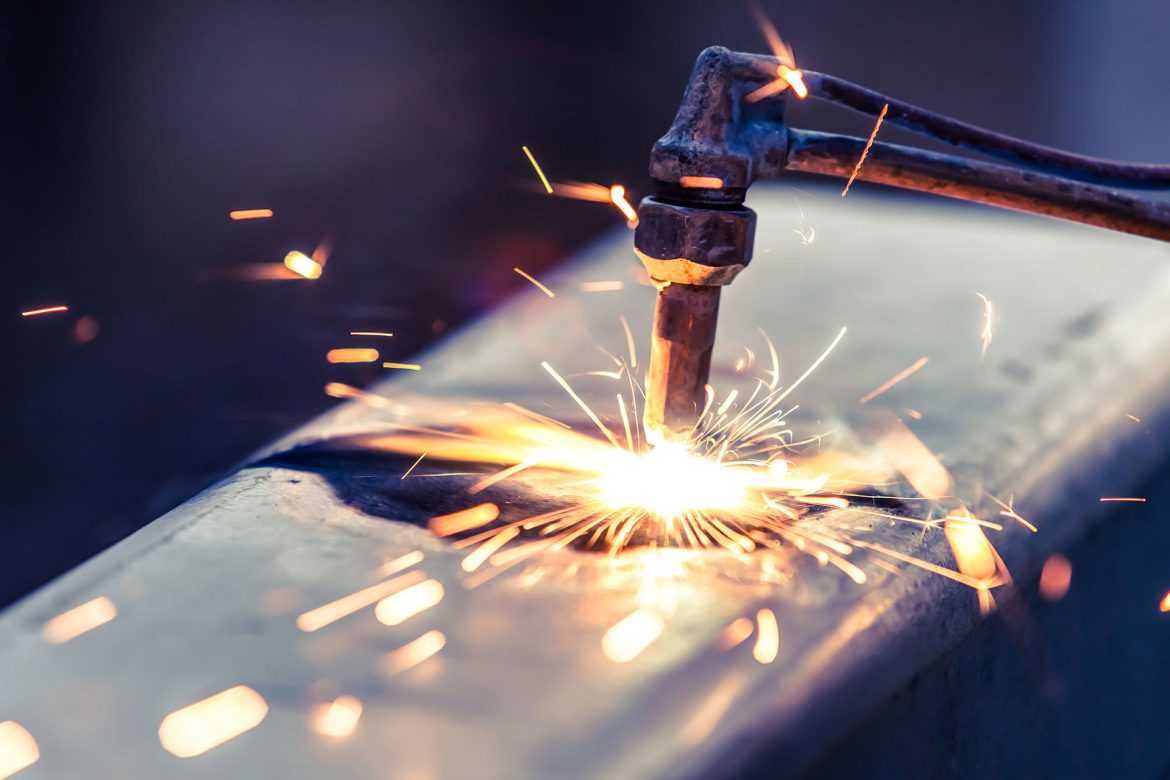Welding materials are essential components in the welding process, playing a crucial role in ensuring the quality and integrity of the welds. These materials include consumables such as welding electrodes, filler metals, shielding gases, and fluxes, as well as base metals or workpieces being welded.
Welding electrodes, also known as welding rods, are used in arc welding processes to conduct electricity and create an arc that melts the base metals. They come in various compositions and coatings, each designed for specific applications and welding techniques. Common types of electrodes include coated electrodes for shielded metal arc welding (SMAW) and flux-cored wires for gas metal arc welding (GMAW) and flux-cored arc welding (FCAW).
Filler metals are used to add material to the weld joint, improving its strength, corrosion resistance, and other mechanical properties. These metals can be in the form of solid wires, rods, or powders, depending on the welding process and application. Common filler metals include carbon steel, stainless steel, aluminum, and nickel alloys, each chosen based on compatibility with the base metal and desired weld characteristics.
Shielding gases are used in gas metal arc welding (GMAW) and gas tungsten arc welding (GTAW) to protect the weld pool from atmospheric contamination. The choice of shielding gas depends on factors such as the welding process, base metal, and desired weld properties. Common shielding gases include argon, carbon dioxide, and helium, used either alone or in mixtures.
Fluxes are materials used in welding processes such as submerged arc welding (SAW) and flux-cored arc welding (FCAW) to protect the weld from oxidation and improve weld quality. They generate a protective gas shield and help remove impurities from the weld pool, resulting in cleaner and stronger welds.
Base metals, or workpieces, are the materials being joined together in the welding process. These metals can vary widely in composition, thickness, and properties, requiring careful consideration when selecting welding materials and techniques. Common base metals include carbon steel, stainless steel, aluminum, copper, and titanium, each offering unique characteristics and applications in welding.
Overall, the selection of welding materials and consumables is critical to achieving high-quality welds with the desired mechanical properties and performance characteristics. Welders must carefully assess the requirements of each welding project and choose the appropriate materials to ensure successful outcomes.
Titanium Welding







